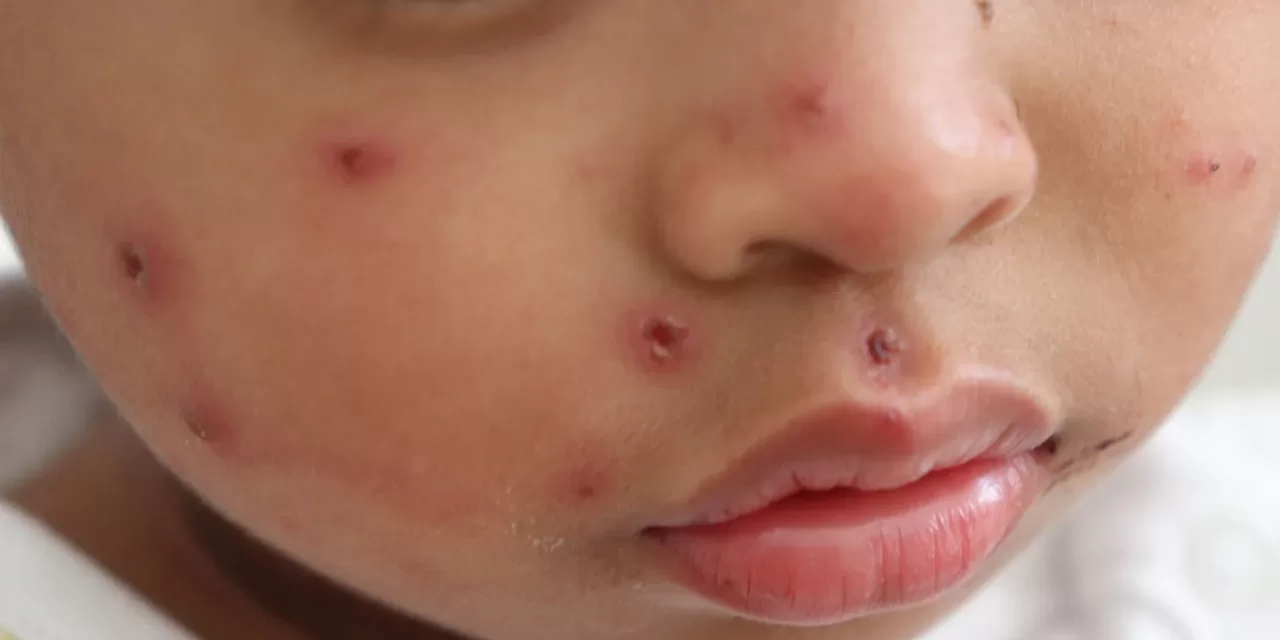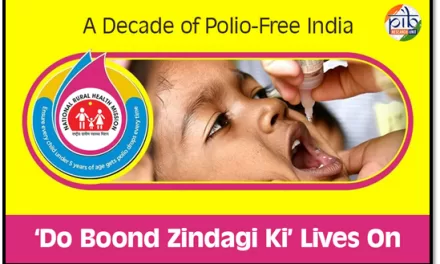A growing measles outbreak in the United States has taken a concerning turn, with Texas and New Mexico reporting a 20% increase in cases within just three days, according to health officials. Experts are warning that the highly contagious virus is expected to spread further in the coming weeks.
The Texas Department of State Health Services revealed on Friday that the state now has 400 confirmed measles cases, a significant jump from previous reports. Of those cases, 270 are concentrated in Gaines County, the epicenter of the current outbreak. Tragically, Texas has also reported two deaths related to measles since the outbreak began.
Neighboring New Mexico has also seen an increase, reporting one additional case, bringing its total to 44. Kansas and Oklahoma have also identified local outbreaks linked to the Texas cases, indicating a regional spread of the virus.
The U.S. Centers for Disease Control and Prevention (CDC), whose data lags slightly behind state reports, confirmed 483 measles cases nationwide as of March 27, marking a 105-case increase from the previous week.
Infectious disease experts express concern over the rapid acceleration of the outbreak. Dr. Sapna Singh, chief medical officer for Texas Children’s Pediatrics, warned that cases are “still continuing active spread in those areas of outbreak that we’re not even catching.” She also cautioned that upcoming holiday gatherings and travel could contribute to further infections.
The resurgence of measles has been attributed to declining vaccination rates across the U.S. The disease, declared eradicated in the U.S. in 2000, has re-emerged as vaccination coverage has fallen below the 95% threshold required for herd immunity. In Gaines County, Texas, where the outbreak originated, only 80% of residents are vaccinated against measles.
Dr. Amesh Adalja, an infectious disease expert at the Johns Hopkins University Center for Health Security, predicts that case numbers will continue to rise in the coming weeks. “When you’re in a population that has low vaccination rates, and you’re dealing with a virus like measles, the general consensus is that this is going to take some time to quench and it’s going to continue to spread rapidly until that virus runs out of people to infect,” he stated.
U.S. Health Secretary Robert F. Kennedy Jr., despite past statements sowing doubt about vaccines, has acknowledged the severity of the outbreak but has stopped short of explicitly urging people to get vaccinated.
This year, measles cases have been reported in 20 jurisdictions across the U.S., including Alaska, California, Florida, Georgia, Kansas, Kentucky, Maryland, Michigan, Minnesota, New Jersey, New Mexico, New York City, New York State, Ohio, Pennsylvania, Rhode Island, Tennessee, Texas, Vermont and Washington.
Dr. William Schaffner, an infectious disease expert at the Vanderbilt University Medical Center, warned that travel from the affected areas could lead to “daughter outbreaks” in neighboring communities.
Disclaimer: This news article is based on information available at the time of writing. The situation is rapidly evolving, and readers should consult official health advisories from the CDC and their local health departments for the most up-to-date information and guidance. Vaccination is the most effective way to protect against measles.












